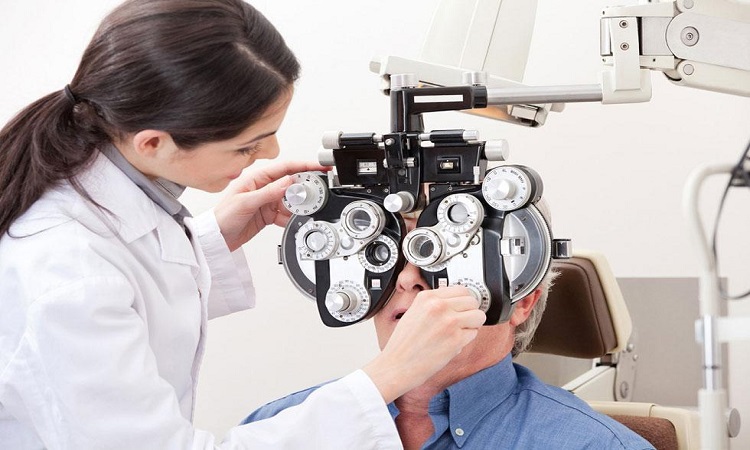 English
English

The eye condition called glaucoma damages the optic nerve and subsequently the field of vision. Glaucoma can, in its most severe forms, result in blindness. Read further on Dynamite

Washington DC: It may be quite challenging to know if you have glaucoma. According to a study, more than 5 per cent of people over the age of 70 had glaucoma, and 50 per cent of those people were unaware of their illness.
The eye condition called glaucoma damages the optic nerve and subsequently the field of vision. Glaucoma can, in its most severe forms, result in blindness.
Lena Havstam Johansson, a PhD candidate at the University of Gothenburg and a specialised nurse at Sahlgrenska University Hospital, conducted the study. According to the study, 4.8 per cent of the 560 study participants who had their eyes evaluated by eye doctors developed glaucoma.
“Of those who were diagnosed with glaucoma via the study, 15 people – or 2.7pc of all participants – were unaware that they had the disease before being examined,” says Lena Havstam Johansson.
“So half of those who turned out to have glaucoma were diagnosed because they took part in the study.”
For those who were newly diagnosed, the discovery of the disease meant they could start treatment with daily eye drops that lower the pressure in the eye and slow down the damage to the optic nerve.
Compared to people without the disease those with glaucoma had similar levels of physical activity and did not smoke more, or drink more alcohol. They rated their overall quality of life as being just as good as others, they were not more tired or more depressed.
“This was a positive surprise and was a finding that I hope can bring comfort to many people who have been diagnosed with glaucoma. It’s hard to live with a disease that gradually impairs vision, but life can still be good in many ways.”
By contrast, people with glaucoma reported that their vision-related quality of life was poorer.
“It’s harder to climb stairs, see curbs in the evening, and notice things in your peripheral vision. This means that people with glaucoma may avoid visiting others or going to restaurants or parties, and instead stay at home. They lose their independence, and may feel frustrated about it.”
The research found that during the early stages of the disease, the healthy eye can compensate for the loss of vision, meaning that many people believe their vision is as good as before. These studies confirm that glaucoma often does not initially involve a loss of visual acuity, which may make it harder to detect the disease.
The results have been published in two articles in the journal Acta Ophthalmologica. (ANI)
No related posts found.